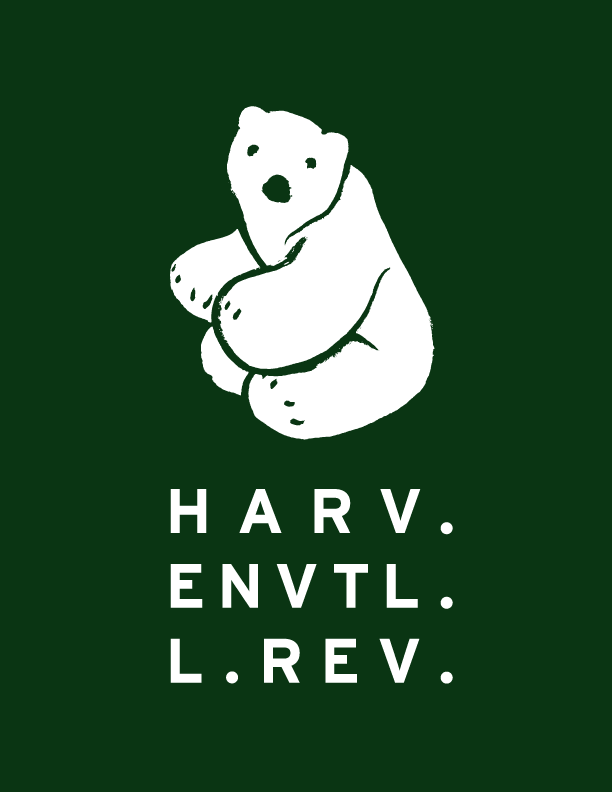 By Meg Holden — Oct. 30, 2013 at 3:42pm
By Meg Holden — Oct. 30, 2013 at 3:42pm
If you’ve been reading the ELR blog, you might also be interested to know that all of our articles from Volume 37.2 are now available in print and on our website! One article, Administrative Proxies for Judicial Review: Building Legitimacy from the Inside-Out, by Emily Hammond and David Markell, recently received a favorable review in JOTWELL. Hammond and Markell’s piece explores how to build legitimacy from the “inside-out” when judicial review of agency actions is unlikely or unavailable. The article presents an empirical study of an EPA process that allows parties to petition EPA to withdraw a state’s authority to administer environmental statutes (which EPA has the authority to do if the state is inadequately implementing environmental laws). EPA’s decision to withdraw authority is within its enforcement discretion, and is largely not subject to judicial review. Hammond and Markell evaluated a set of petitions that spanned a 25-year period to determine whether EPA takes actions to legitimize its decisions with regard to the petitions. The authors found that despite the absence of judicial review (and the unlikelihood that EPA would actually withdraw a state’s authorization to implement the law), EPA independently engages in behaviors to create internal legitimacy. EPA works to resolve the petitions informally, investigating the concerns raised in the petitions and negotiating with states to reach substantive outcomes. Hammond and Markell draw a number of lessons from this case study, and highlight institutional design features that might enhance “inside out” legitimacy.
In its review of the piece, JOTWELL states that the article is “a thought-provoking and admirable” piece of scholarship, noting that it raises central questions of administrative governance, offers a theoretical framework for evaluating the performance of agencies within the administrative state, and ambitiously seeks to connect theory with practice. With respect to this last feature of the article in particular – its connection of theory with practice – the JOTWELL reviewer notes that “[r]ather than articulating a theoretical framework and stopping there, the authors use their framework to structure their examination of actual agency process, to see how well the data fits the theory. This is good work. We need more of it.”
Don’t forget to check out the article, as well as the others in Volume 37.2, here!

